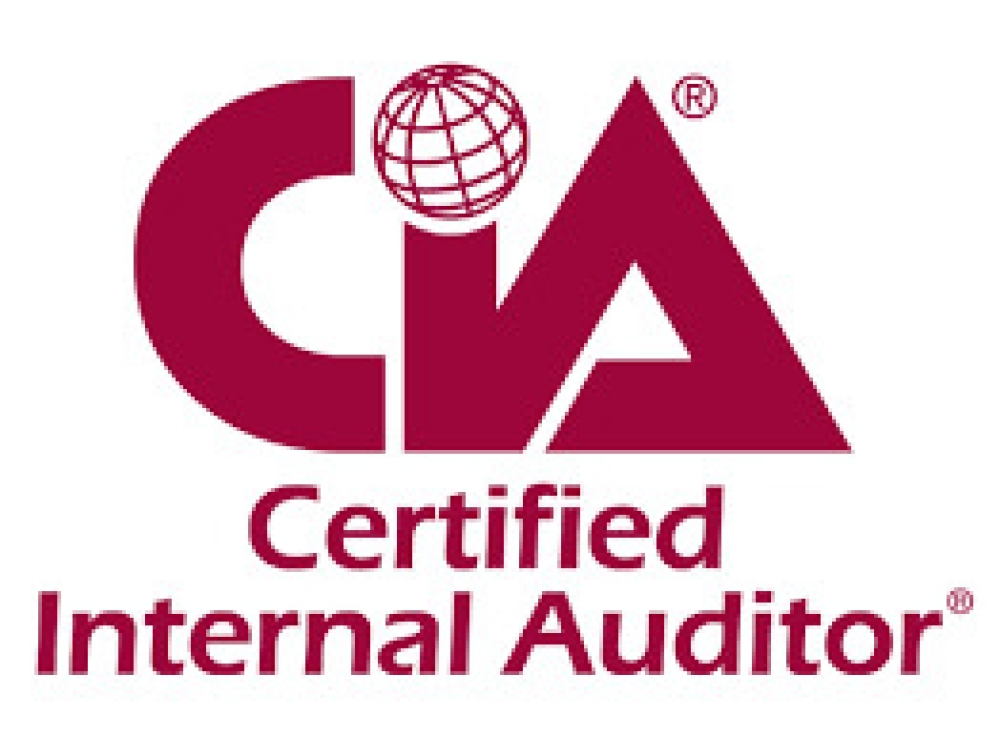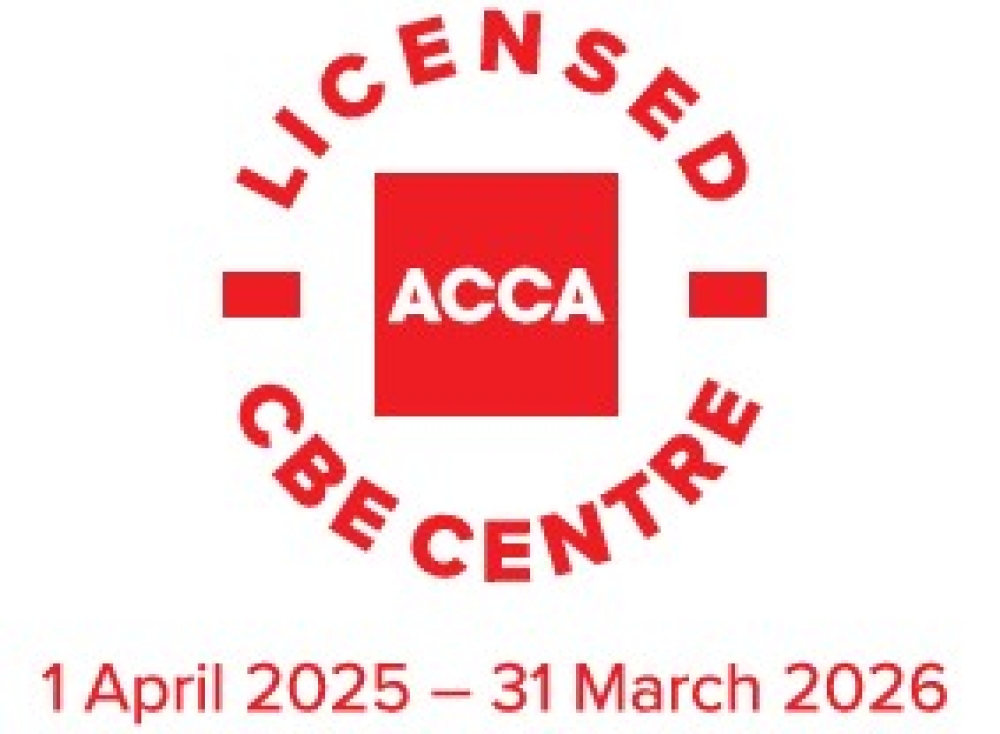
B.Sc(Hons) Data Science and Business Analytics (LSE)
 Boost your career prospects
Boost your career prospects Alongside the methodologies and computing tools used to handle large and complex datasets, you'll learn about data science's applications in finance, economics, business, marketing and beyond, preparing you for a range of careers. A University of London degree is a mark of quality that's valued by employers worldwide.
 World-class academic direction
World-class academic direction The programme is developed, examined and assessed by expert academics at LSE, a federation member of the University of London and one of the world’s leading social science universities. LSE is ranked 11th in the world for Data Science in the 2023 QS World University subject rankings.
 Unparalleled resources at your fingertips
Unparalleled resources at your fingertips Our Virtual Learning Environment (VLE) gives you access to a range of engaging content, from study materials to revision guides, and forums to connect with your tutors and fellow students. You can also access our Online Library containing a wealth of e-journal articles, ebooks and much more.
BSc Data Science and Business Analytics
The programme aims to:
• develop competence in students in the application of statistical and machine learning techniques at a high level
• provide students with a sound knowledge of the principles underlying standard applications of probability and statistics;
• provide practical skills of applied data science and business analytics to inform commercial and policy decisions
Knowledge and understanding;
A student will be able to:
• formulate and build statistical and algorithmic models in a logical manner.
• understand, formulate and use quantitative models arising in social science, business and other contexts.
• understand probability theory and the concept of uncertainty.
• demonstrate a knowledge and understanding of prediction, classification, regression and clustering.
• show a good knowledge and understanding in advanced areas of statistics.
• learn and use a variety of statistical software packages and the programming language R and Python to conduct data analysis
• apply advanced quantitative techniques to the analysis of large and complex data.
Intellectual and cognitive skills;
A student will be able to:
• locate, extract, analyse and draw reasoned conclusions from multiple sources (including electronic sources) of appropriate literature and relevant data and acknowledge and reference these sources appropriately;
• critically analyse data and text using quantitative and qualitative techniques;
• assess the relative merits of quantitative methodologies and use them appropriately for the problem in hand.
Transferable skills;
A student will be able to:
• communicate effectively in a written context;
• use information technology (spreadsheets, word-processing and online databases) appropriately;
• organise information, and to assimilate and evaluate competing arguments and methods;
• manage their own learning, including working effectively to deadlines;
• be open minded and have a capacity to handle ideas and scrutinise information in critical, evaluative and analytical ways.
The BSc degree in Data Science and Business Analytics is available through a 12 course (360 credits) Standard Route and a 9 course (270 credits) Graduate Entry Route.
Entry Requirements
Level of the programmes
The qualifications are placed at the following Levels of the Framework for Higher Education Qualifications (FHEQ):
• Bachelor of Science degree (BSc) Level 6
• Graduate Diploma Level 6
• Diploma of Higher Education (DipHE) Level 5
• Certificate of Higher Education (CertHE) Level 4
Programme structures
The Economics, Management, Finance and the Social Sciences programmes are comprised of courses. Each course is referred to as a ‘100 course’, ‘200 course’ or ‘300 course’, corresponding to the following levels of the Framework for Higher Education Qualifications
(FHEQ):
• 100 courses are placed at FHEQ Level 4
• 200 courses are placed at FHEQ Level 5
• 300 courses are placed at FHEQ Level 6
Where half courses are indicated, two half courses (15 credits) are equivalent to one full course (30 credits) in terms of structure. For each programme, some courses are compulsory, whilst others can be selected from either the relevant optional course list or from all courses, listed in Appendix B of the Programme Regulations, depending on the criteria given in the programme structure.
The current structure can be found on the programme’s Structure page on the University of London website.
Where a student satisfies certain conditions, transfer may be permitted between different degrees and routes. A student registered on an EMFSS degree cannot transfer to the Certificate of Higher Education in Social Sciences or a Graduate Diploma, but would instead need to cancel their registration and submit a request for new registration on their chosen programme.
To be considered for the qualification of a BSc honours degree in the field of Economics,Management, Finance and the Social Sciences:
• For degrees through the Standard Route – a student must have attempted 360 credits and must have passed with a mark of 40 or above in at least 330 credits.
• For degrees through the Graduate Entry Route – a student must have attempted and passed, with a mark of 40 or above in at least 270 credits.
Credit value of courses
Where credits are assigned to each course of a programme, credit indicates the amount of learning carried out in terms of the notional number of study hours needed, and the specified Frameworks for Higher Education Qualifications of UK Degree-awarding Bodies (FHEQ) credit level indicates the depth, complexity and intellectual demand of learning involved. The details below indicate the UK credits and the European Credit Transfer and Accumulation System (ECTS) values.
For the Economics, Management, Finance and the Social Sciences suite of programmes,
credits are assigned to the courses as follows:
• 30 UK credits or 15 ECTS credits for a full course at level 4, or 15 UK credits or 7.5 ECTS credits for a half course at level 4
• 30 UK credits or 15 ECTS credits for a full course at level 5, or 15 UK credits or 7.5 ECTS credits for a half course at level 5
• 30 UK credits or 15 ECTS credits for a full course at level 6, or 15 UK credits or 7.5 ECTS credits for a half course at level 6
One UK credit equates to a notional ten hours of study.
Entrance requirements
All entrance requirements are set out in detail on the programme page under the Entrance Requirements tab.
General Entrance requirements for undergraduate degrees
Age:
Applicants must normally be at least 17 years of age on or before 30 November in the year of initial registration.
Qualifications:
Applicants must
• have passed qualifications that satisfy category G in the Qualifications for Entrance schedule.
• meet any additional programme specific entrance requirements; and • satisfy English language requirements.
Even if you don’t meet the standard requirements, we will consider each application on its own merits. Our Admissions Panel will consider whether any alternative/incomplete qualifications or work experience you have are suitable for entry to the programme.
If you do not already hold the relevant mathematics qualification, you may wish to consider completing LSE Maths Essentials. A mark of 60% or above will fulfil the mathematics requirement for this programme.
I don’t meet the entry requirements. What can I do?
If you are not eligible for this programme, you may be able to study the CertHE Social Sciences before progressing with credit. This programme must be studied at an approved local teaching centre.
Alternatively, you might be interested in our International Foundation Programme. This pre-university programme is equivalent in standard to qualifications studied in Year 13 (i.e. A levels) and must also be studied at an approved local teaching centre.
Entrance requirements for the Graduate Entry Routes to the undergraduate degrees
Age:
Applicants must normally be at least 17 years of age on or before 30 November in the year
of initial registration.
Qualifications:
Applicants must
• have successfully completed a full undergraduate degree or postgraduate qualification from an acceptable institution
• meet any additional programme specific entrance requirements; and • satisfy English language requirements.
Computer requirements
The portable computer must have at least the following minimum specification:
• Windows: 10 and 11 on 64-bit platforms
• MacOS Big Sur (version 11) and higher
• CPUs newer than 2011 (Intel Sandy Bridge (Core i3, i5 and i7 or newer))
• OpenGL 2.0 graphics driver
• Local storage for the recording of proctored examinations (75MB per hour)
• Web camera and microphone (internal or external)
• A broadband internet connection capable of streaming live video.
• Minimum device requirements are subject to change and older operating systems may become obsolete over time.
It should also have the following applications installed:
• Word processor (for Microsoft Word documents)
• A PDF reader (e.g. Adobe)
Syllabus and Papers

1st Year
MT1186 Mathematical Methods
ST104A Statistics 1*
ST104B Statistics 2*
EC1002 Introduction to Economics
MN1178 Business and Management in a
Global Context

2nd Year
ST2195 Programming for Data Science
ST2133 Advanced Statistics: Distribution Theory*
ST2134 Advanced Statistics: Statistical Inference*
MT2116 Abstract Mathematics
OR
EC2020 Elements of Econometrics
ST2187 Business Analytics, Applied
Modelling and Prediction

3rd Year
MN3141 Marketing Management
ST3189 Machine Learning
ST3188 Statistical Methods for Market
Research
Open Choice**

* Half Course
** Open choice courses: Choose a) one 100-, 200- or 300-level course (or two half courses)
FEE STRUCTURE
FEE STRUCTURE
| Fee Payable to - London school of Business and Certified Accountants | |||
| 1st Year (Rs) | 2nd Year(Rs) | 3rd Year(Rs) | |
| Admission Fee | 5,900 | 5,900 | 5,900 |
| Tuition Fee | 4,32,000 | 4,32,000 | 4,32,000 |
| GST 18% | 78,822 | 78,822 | 78,822 |
| Security Deposit | 10,000 | - | - |
| Total Fee | 5,26,722 | 5,16,722 | 5,16,722 |
Students are also required to pay the following to the University of London 2025-2026:
|
Particulars Degree Route (Min. 3yrs.) 1st Year (Fee + GST) |
||
| Application fee (non-refundable) | £65 | |
| Fee per course / per modules (inclusive of first assessment entry) | £660 X 4 = £ 2640* | |
Please note:
- all student fees shown are net of any local VAT, Goods and Services Tax (GST) or any other sales tax payable by the student in their country of residence. Where the University is required to add VAT, GST or any other sales tax at the local statutory rate, this will be added to the fees shown during the payment process.
- UOL fee must be paid in pounds sterling, which may be paid either by a credit card or debit card recognized by MasterCard International or by the VISA group or by banker’s draft or postal order, made payable to “The University of London”.
- *UOL fee are subject to revision
-
Assessment re-entry fee per course £434
Fee payable to British Council: EXAMINATION CENTRE FEE:
POUND 85 per paper. (Subject to change)
For more Details regarding University of London please visit Fee Details




